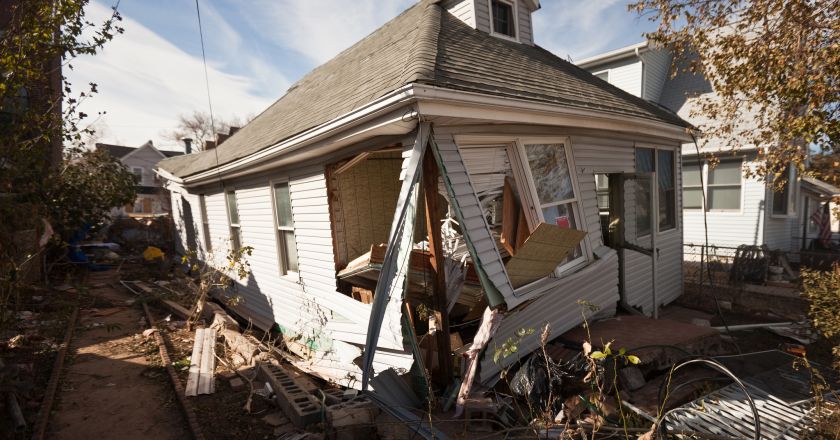

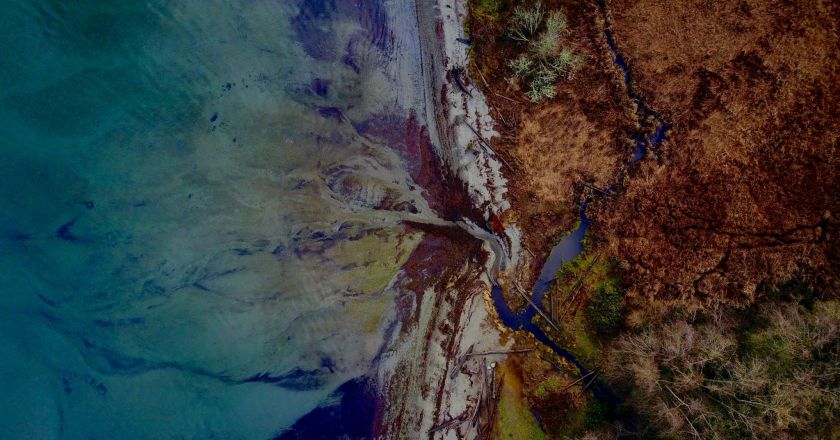
4th U.S. National Climate Assessment Vol. II: Notable Findings
NCA4, Part Two: Impacts, Risks and Adaptation How Climate Change is harming humanity, shaping societies and endangering environments The Trump Administration’s recently published 4th National Climate Assessment Volume II, on climate impacts, risks and adaptation covers 19 national topics and …
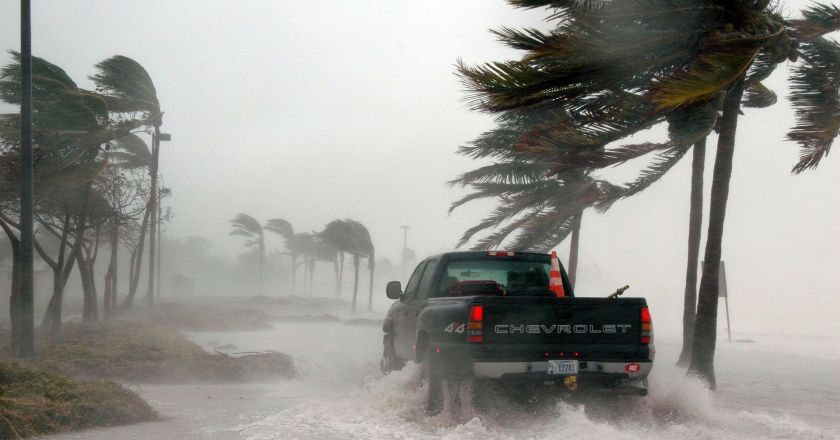
Infographics: Climate Change and Hurricanes
Expert briefing on 1.5C
Exclusive Briefing on IPCC Special Report on 1.5°C Transcript has been edited for clarity Moderator: Good evening from Incheon and good morning to all of you back in the U.S. I’m Bridgette Burkholder and I’ll be moderating the call today. …

Experts React to Historic IPCC Report on Limiting Warming to 1.5°C
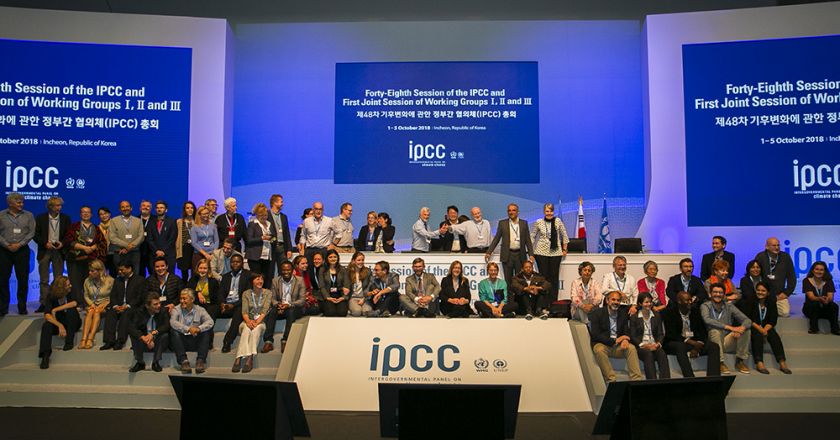
IPCC 1.5°C Report: Planet Nearing Tipping Point
On Oct. 8, the Intergovernmental Panel on Climate Change (IPCC) released the much anticipated Special Report on 1.5°C in Incheon, South Korea. The release follows an intense week of editing in which scientists responded to government comments. About the report: …

Countries Convene to Tackle Runaway Shipping Emissions
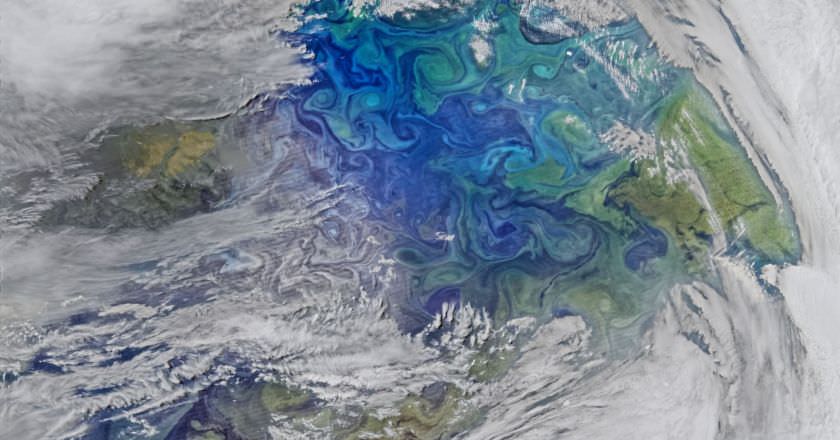
4th U.S. National Climate Assessment: What Is It?
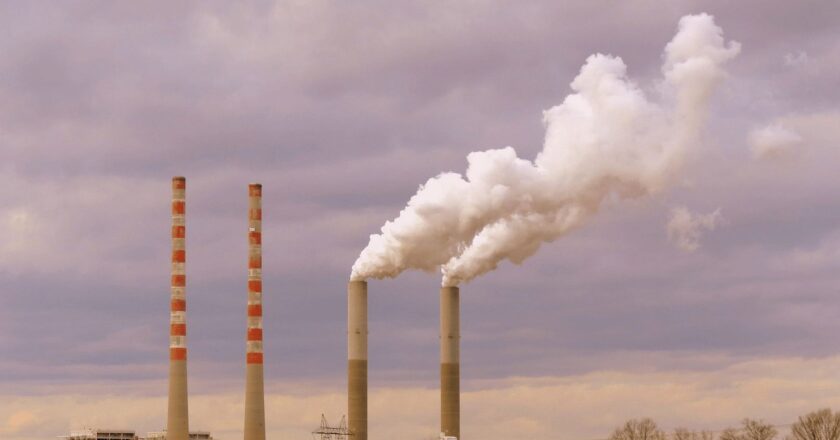
Fact-Checking Clean Power Plan Claims
Now that it is finalized, the Clean Power Plan will be an important part of the public discussion on climate change. Unfortunately, some claims may stray from the truth, so we’ve compiled some resources to make fact-checking easier.
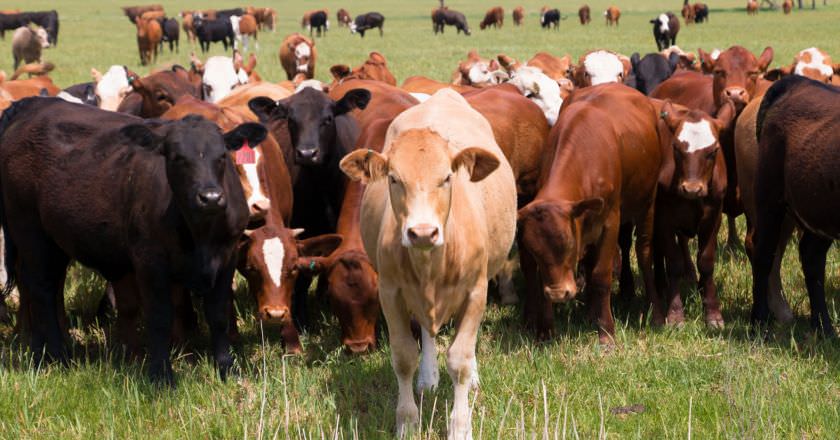
Grazing Cattle and Climate Change
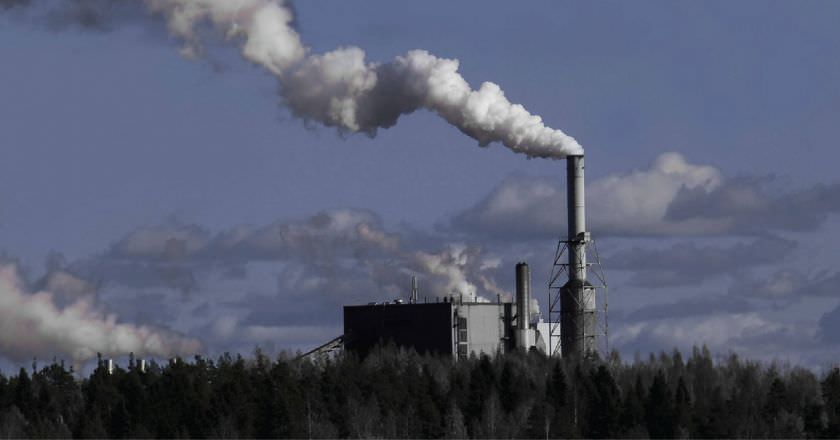
The Localized Health Impacts of Fossil Fuels

Millar Study Relies on Faux Pause for Optimism
A new study published in Nature Geoscience has been covered in two very different lights.

Paris Agreement Withdrawal FAQ
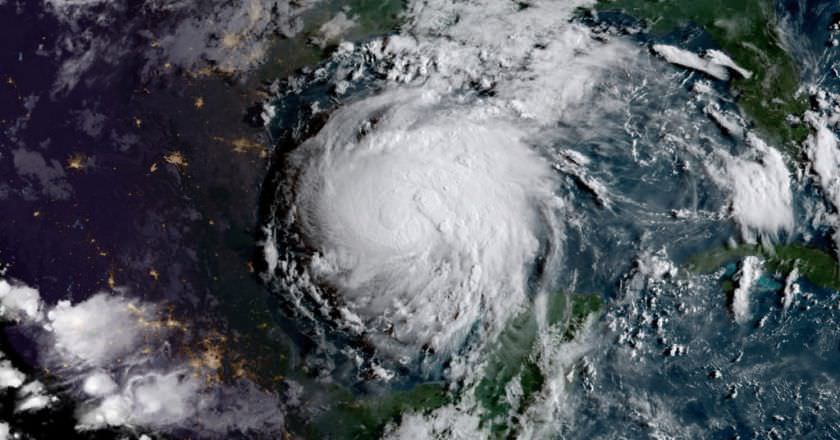
Harvey & Climate Change: A Comprehensive Guide
The science of attributing extreme weather to climate change is complicated and developing every day. Here’s a guide of what we know about the links between climate change and Harvey to help unpack the elements that contributed to this historic …
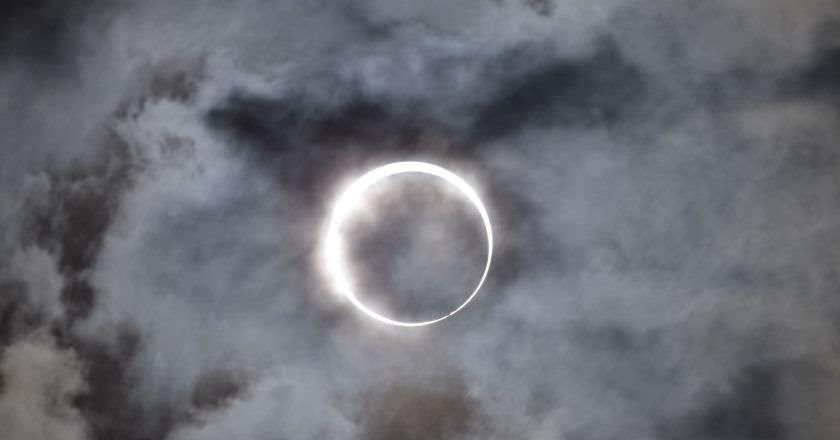
How August’s Solar Eclipse Will Impact Solar Power Generation
The first total solar eclipse in the contiguous U.S. since 1979 is fast approaching.

The Business of Climate Change
Investors, businesses and regulators are working to minimize the economic risk posed by climate change.

